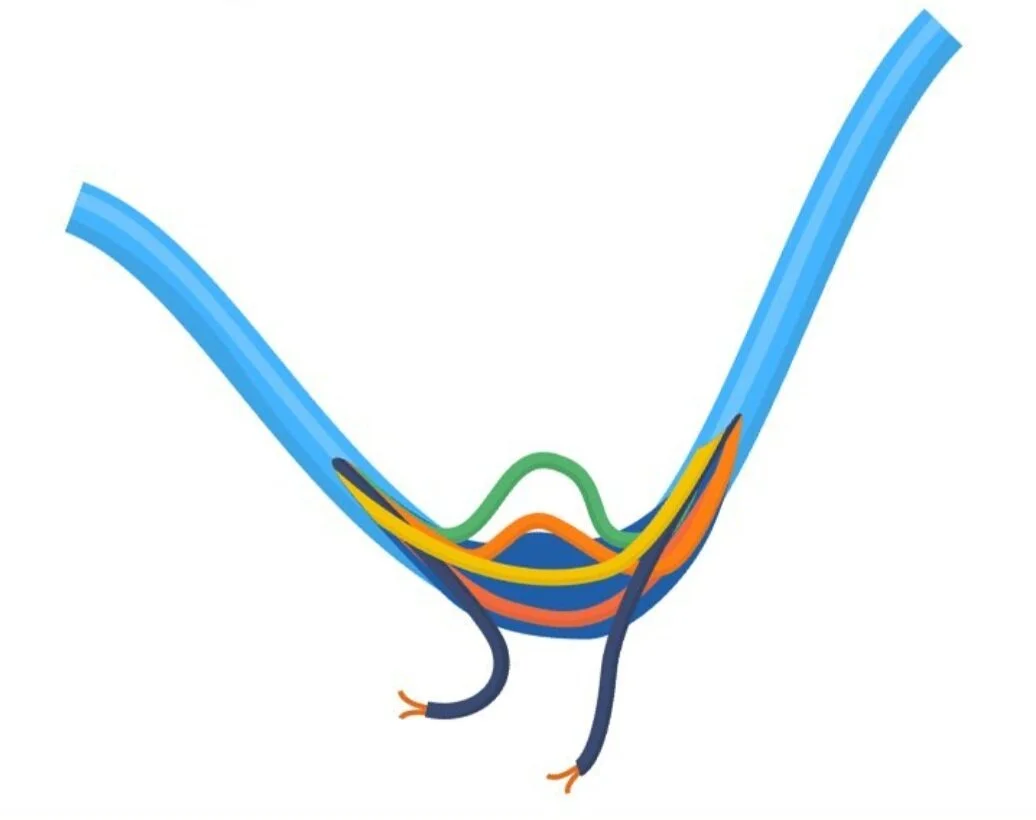Primary Scalp Dysesthesia: Making Sense of a Situation Which Seems to Make No Sense
Scalp Dysesthesias: Scalp Symptoms When Scalp Symptoms Seem Not Possible
Primary Scalp Dysesthesias are a group of scalp disorders whereby patients feel a variety of scalp syptoms such as itching, burning, pain, tingling in the absence of any obvious scalp cause. If there is a scalp cause that seems a possibility- scalp symptoms are greatly “out of proportion” to what would be expected. For most patients with true dysesthesia, the scalp looks normal despite many concerns expressed by the patient.
It’s not clear why patients develop primary scalp dysesthesia. It seems that scalp nerves are being activated to relay messages at times when there is no need for such messages. Some theories just muscle tension is an issue too.
A variety of medical and dermatologic issues need to be completely ruled out. These include primary scalp disease of course (various types of scarring alopecia, contact dermatitis, immune mediated disease,etc). Generally speaking a true primary scalp dysesthesia does not have any physical findings on the scalp so there is no evidence of these diseases.
A full skin examination is needed as well as proper full physical examination by a general practitioner. If there are any concerning neurological, psychiatric or rheumatological issues then referral to appropriate specialists is absolutely needed.
A scalp biopsy is sometimes helpful provided a good pathologist is on board to help with interpretation. Patch testing to rule out contact dermatitis can be considered in cases where there is at least some evidence of a dermatitis that is not helped by dandruff shampoos. Treatment is discussed in the full article below and includes treatment of any suspected underlying causes as well as use of gabapentin, amitriptyline, Lyrica, low dose naltrexone, massage, breathing exercises, exercise, mind body practices and efforts to improve sleep. Psychiatric care with antidepressants and psychotherapy is considered if there is underlying depression and anxiety. Referral to neurology, rheumatology, neurosurgery, psychiatry is often helpful if there are concerns for any sort of underlying or comorbid conditions.
See “An Approach to the Diagnosis and Treatment of Scalp Dysesthesia”
This article was written by Dr. Jeff Donovan, a Canadian and US board certified dermatologist specializing exclusively in hair loss.

